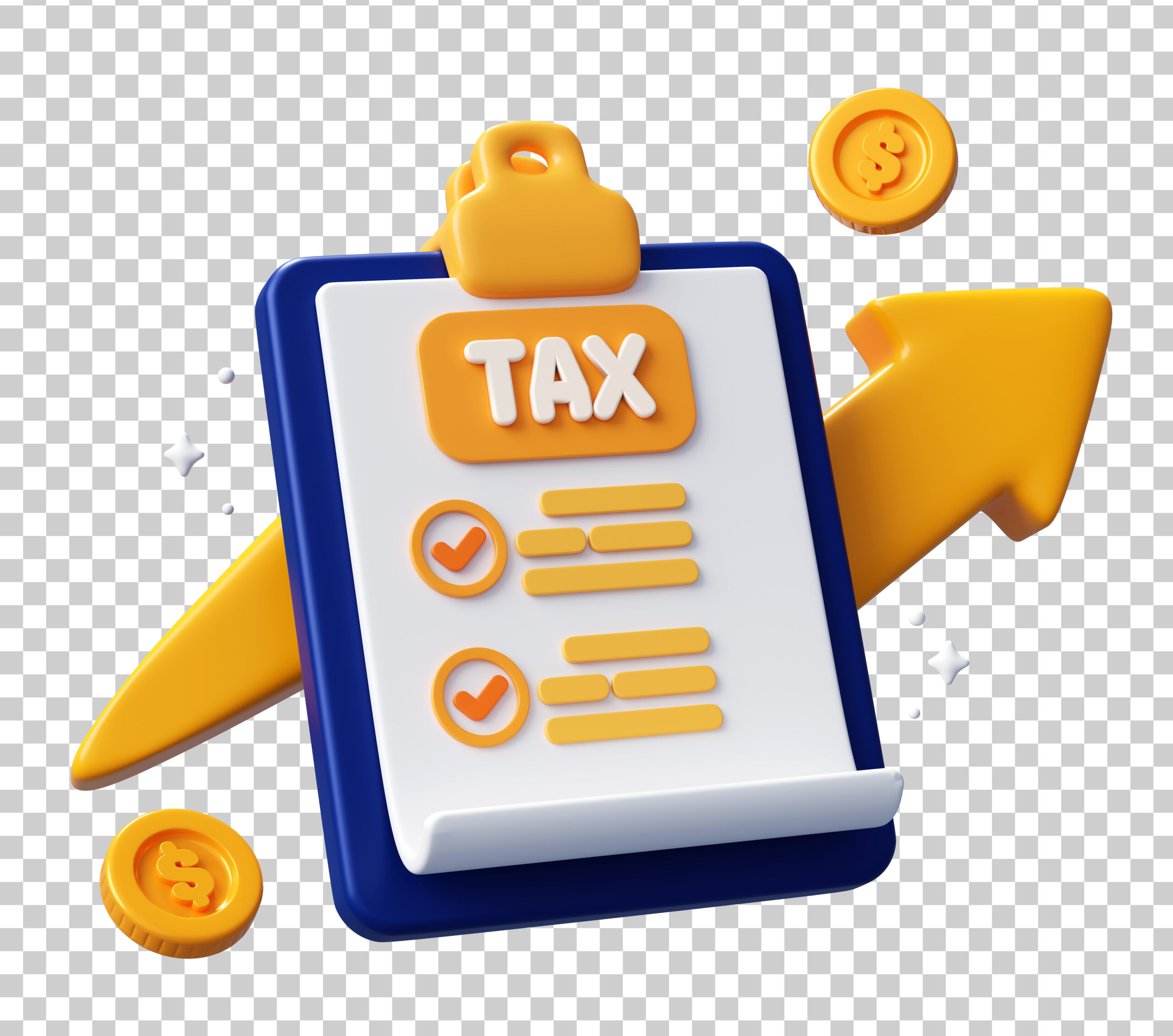
Expats Filling and Paying Taxes: Know the steps and requirements.
Kehidupan di perantauan • 22 April 2025
Having a Tax Identification Number (NPWP) is also necessary for various other activities in Indonesia, such as opening a bank account, applying for a credit card, purchasing a vehicle, and more. You will need when filling out and paying your taxes.
Documents typically required for NPWP registration:

- Completed tax registration form.
- Copy of all pages of your passport.
- Copy of your resident visa (KITAS/ITAP).
- Certificate of domicile for you and your employer.
- Copy of your employer’s Tax Identification Number. (NPWP)
- Letter of Authorization (if using a representative).
Filing and Paying Taxes
Indonesia uses a self-assessment system, meaning you are responsible for calculating and reporting your tax obligations.
- Monthly Tax Payments: If you are employed, your employer will typically withhold income tax (PPh 21) from your salary and remit it to the tax authorities monthly. The deadline for payment is the 15th of the following month, and the report must be submitted by the 20th.
- Annual Tax Return (SPT): Resident taxpayers are required to file an annual tax return (SPT) by the end of the third month after the tax year ends (March 31st for individuals following the calendar year). Non-residents generally do not need to file an annual return as their income tax is usually handled through withholding.
- Electronic Filing (E-Filing): You can submit your annual tax return online through the Directorate General of Taxes (DJP) website. You will need to obtain an Electronic Filing Identification Number (EFIN) to use this system. The EFIN can be activated at the nearest tax office after submitting a form and required documents (KITAS, NPWP).
Important Considerations:
- Tax Treaties (Double Tax Agreements): Indonesia has tax treaties with many countries to prevent double taxation. These treaties may reduce or exempt certain types of income from Indonesian tax. Check if a treaty exists between Indonesia and your home country.
- Foreign Income Reporting: Resident taxpayers generally need to report their worldwide income. However, there are exemptions if the foreign income is not remitted to Indonesia.
- Penalties: Late filing or payment of taxes can result in fines. The penalty for late filing of the annual tax return is IDR 100,000.
- Tax Assistance: It is advisable to seek assistance from a registered local tax advisor to navigate the Indonesian tax system and ensure compliance, especially in the initial years of your stay.
By understanding your tax residency, the applicable tax rates, and the filing procedures, you can ensure you meet your tax obligations as an expatriate in Indonesia. Remember to obtain your Tax Identification Number (NPWP) and consider seeking professional advice for a smooth tax compliance process


